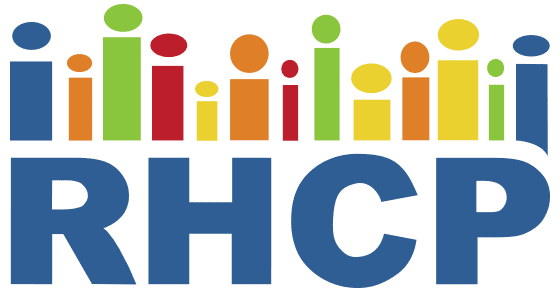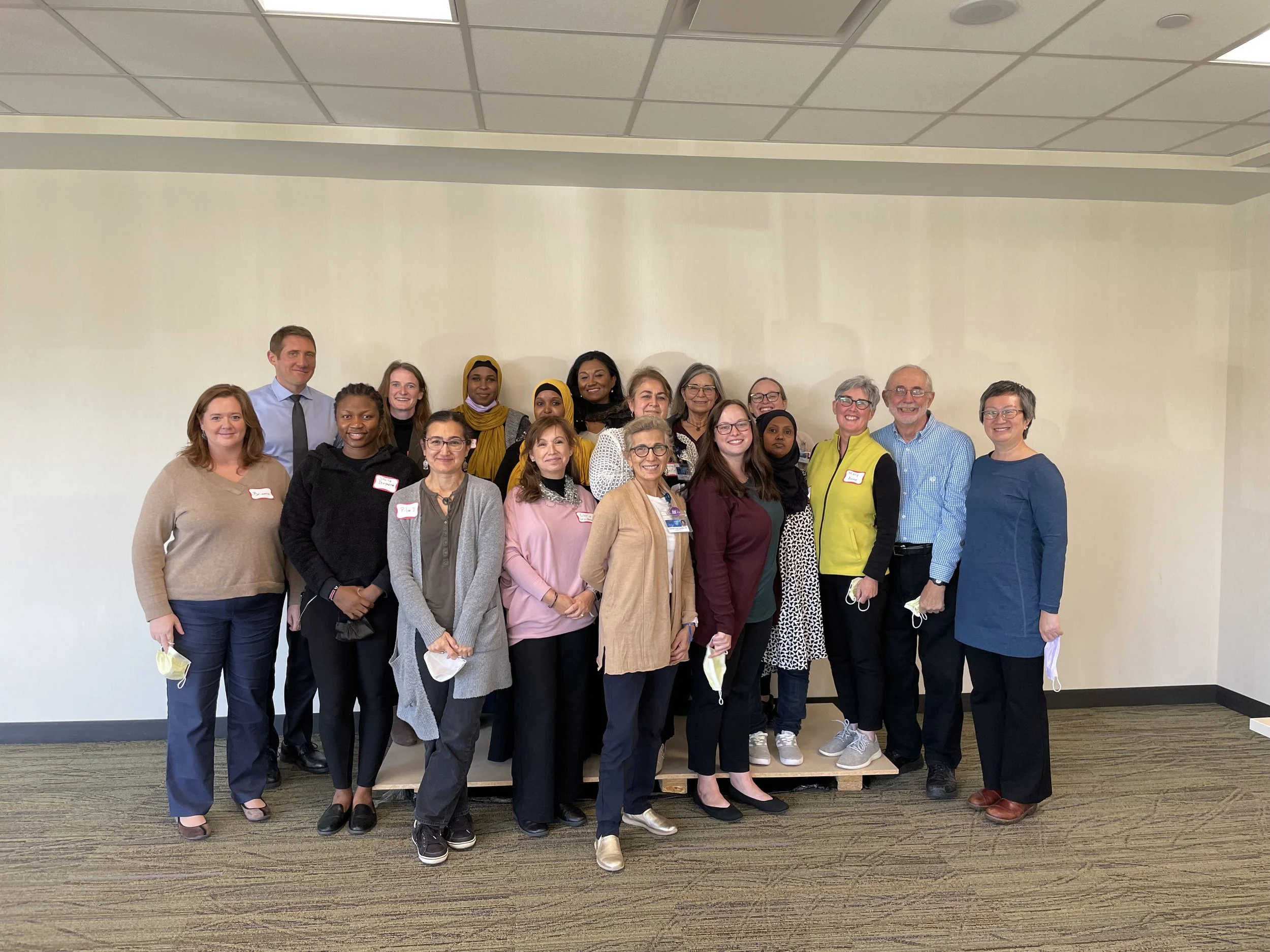Focus Groups Moderation Workshops, 2008 – 2022
A barrier to the CBPR approach is that community research capacity is often quite limited, thereby prohibiting community members from full involvement in the research process. Acquisition of research skills enables community participants to apply their new skills and knowledge to other projects. Ultimately, capacity building through CBPR is a means of empowering the community; when applied to health issues, it provides the community with the skills and expertise to address and manage such concerns in a sustainable manner. One research skill that may build community research capacity is focus group moderation.
Focus groups is a qualitative research method that allows in-depth study of complex topics not amenable to quantitative methods. Led by a skilled moderator, focus groups involve a joint discussion among a small group of individuals in a relaxed environment, for the purpose of listening and gathering information.
Between 2008 and 2022, RHCP hosted five focus group moderation workshops. The workshops involved a 20-hour interactive training on focus group moderation taught by a national focus groups experts, Dr. Richard Krueger, Senior Fellow and Professor Emeritus at the University of Minnesota, and Dr. Mary Anne Casey, Evaluation Consultant. The workshops included an introduction on the methodology behind focus groups, the role of focus groups in research, the strengths and weaknesses of focus groups as a research method, guidelines to conducting focus groups successfully, and the various roles involved in holding focus groups. The workshops were highly interactive, and included several role-playing sessions where participants practiced their skills. Those leading the workshop evaluated the trainees and provided constructive critiques. Focus group moderators then held practice focus groups in their neighborhoods, work environments, or friend groups. Over 60 individuals representing community (African American, Cambodian, Hispanic, Somali, Sudanese, and White) and academic partners have participated in focus group training.



